US ‘all options on table’ threat against Russia over Ukraine ‘bluster’: Analyst
The “all options on the table” threat by the US over Russia’s alleged military buildup near Ukraine is a mere “bluster” generally viewed as “code language for deterrent military operations”, says an analyst.
In an interview with Press TV website on Tuesday, Sourabh Gupta, a senior Asia-Pacific international relations policy specialist, said he “would not read too deeply” into the threat, asserting that the US “likes to talk a tough game.”
“What I would rather read into the “all options on the table” language is that the US might be preparing a broad menu of options to cope with the situation, depending on how it evolves,” Gupta said, referring to a range of options, including “cosmetic” ones.
“These could range from elevating NATO’s readiness status to selective defense sales to Kiev to intelligence sharing with Kiev to using its good offices with Moscow and Kiev to de-escalate the situation to threatening financial sanctions on Russian entities,” he added.
The commentator hastened to add that of all these options, the most “cosmetic” one is likely to be “the threat to militarily intervene and push Russia back in the case of a significant troop incursion into Ukrainian territory.”
The State Department’s top US diplomat for European affairs Karen Donfried said on Friday that all options were on the table in how to respond to what he described as Moscow’s “large and unusual” military buildup on its southern border.
“As you can appreciate, all options are on the table and there’s a toolkit that includes a whole range of options,” Karen Donfried told reporters in a telephone briefing.
It came after Ukraine claimed that there were nearly 100,000 Russian troops near its border, accusing Moscow of gearing up to launch a military invasion.
Moscow, however, said it has no plans to invade Ukraine, but warned against any provocations from the neighboring country that could trigger such an invasion.
“The US likes to talk a tough game but aside from ex-Soviet states covered by NATO’s Article 5 defense guarantee (Estonia, Latvia, Lithuania), it has never intervened in the post-Soviet space militarily during a hot but limited conflict in the post-Cold War era – let alone counter-engaged Russian forces on these territories,” Gupta asserted, dismissing the US threat.
Engaging Russian forces in its “near abroad”, he said, could be “very escalatory” and that the US and NATO could be “staring at a much wider East-West conflict in short order.”
“From a military standpoint, I would expect to see a lot of pious statements but minimal and circumspect on-the-ground signals from the American side,” Gupta told Press TV website.
The analyst also said what the West describes as ‘unusual’ troop movements “might not be so unusual after all.”
“The fact of the (military) matter is that Russia has been progressively expanding the size of its deployments in the Western and Southern military districts abutting Ukraine,” Gupta said. “This has been an on-going feature since 2014.”
On Biden’s statement that the United States is committed to helping the people of Ukraine, the commentator said the US “cannot go very far” in its support to Ukraine.
“The pretense to “support” Ukraine will be far greater than the actual support committed to Ukraine,” he argued. “Of course, this could change if Russia conducts a no-holds-barred attack that reaches into the Ukrainian heartland.”
Russian Defense Minister Sergei Shoigu said last week that the country needs to further develop its armed forces in the face of "increased NATO activity."
President Vladimir Putin also warned that the West is escalating the situation in Ukraine by providing Kiev with “lethal modern weapons” and holding drills in the Black Sea region.
He said Moscow has been "constantly” raising concerns about the US naval exercises in the strategic region, but the West is taking Russia's warnings lightly.
Relations between Moscow and Kiev have strained since the conflict erupted in Ukraine's eastern region of Donbass between Ukrainian government forces and ethnic Russians in 2014.
The major fighting ended with a ceasefire in 2015, but the conflict remains unresolved, leading to intermittent clashes.
VIDEO | Epstein and Trump: Scandal, power, and political fallout
Trump admin. advances Saudi nuclear deal, leaves door open to enrichment: Report
Leader donates 50 billion rials to free financially struggling prisoners
Guardians of sky: How Iran’s radar network turned 12-day war into a blueprint for deterrence
The story of ancient Persia’s chromium steel
Iranian Navy chief calls for broader naval collaboration at MILAN 2026 naval exercise
VIDEO | Mini Iraq; A city in India that connects faith across borders
Pope skips America’s 250th anniversary despite Vance’s ‘in-person’ invitation


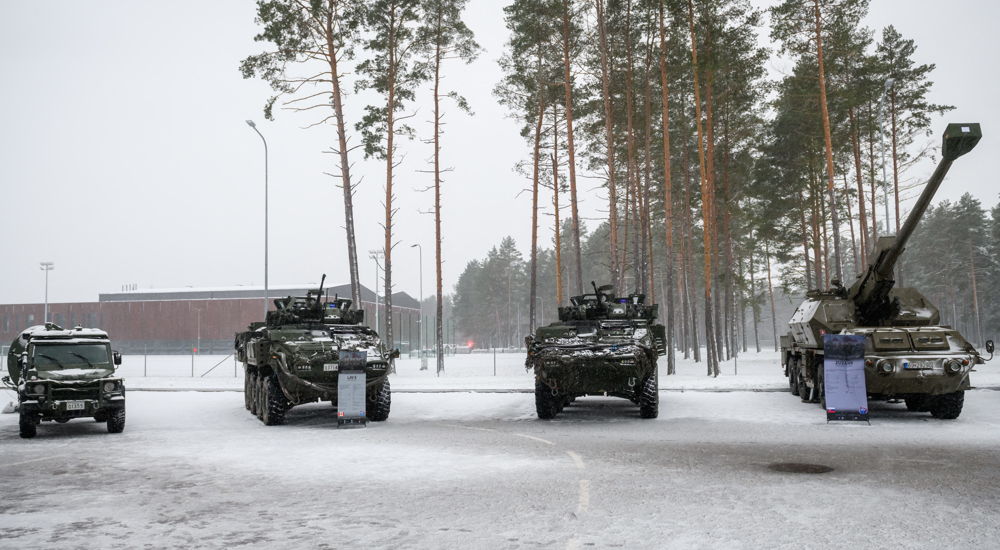
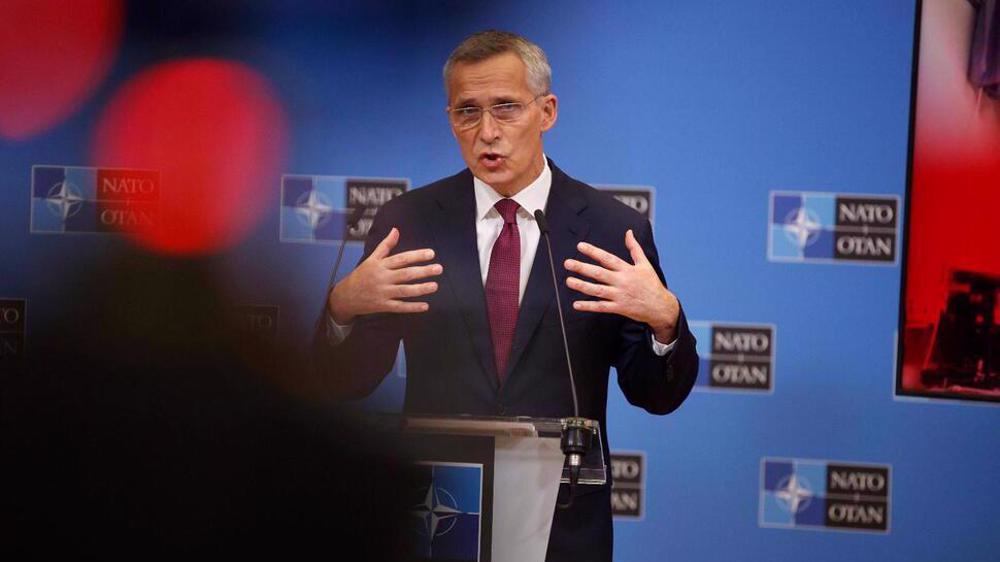
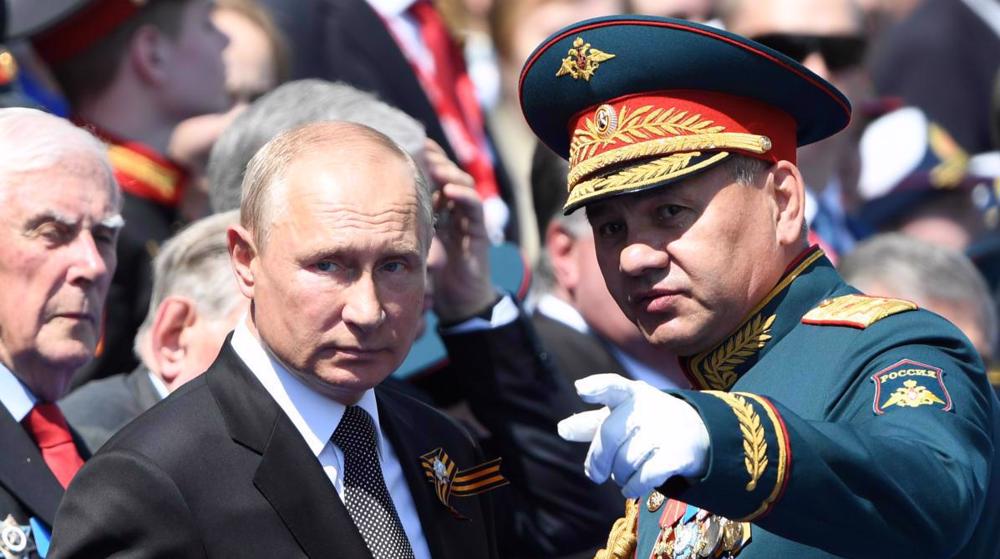
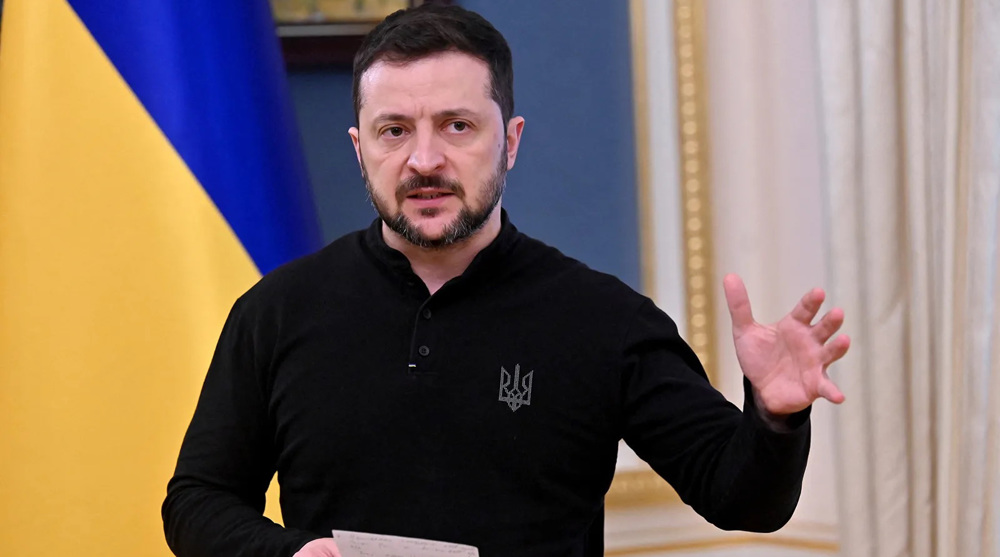
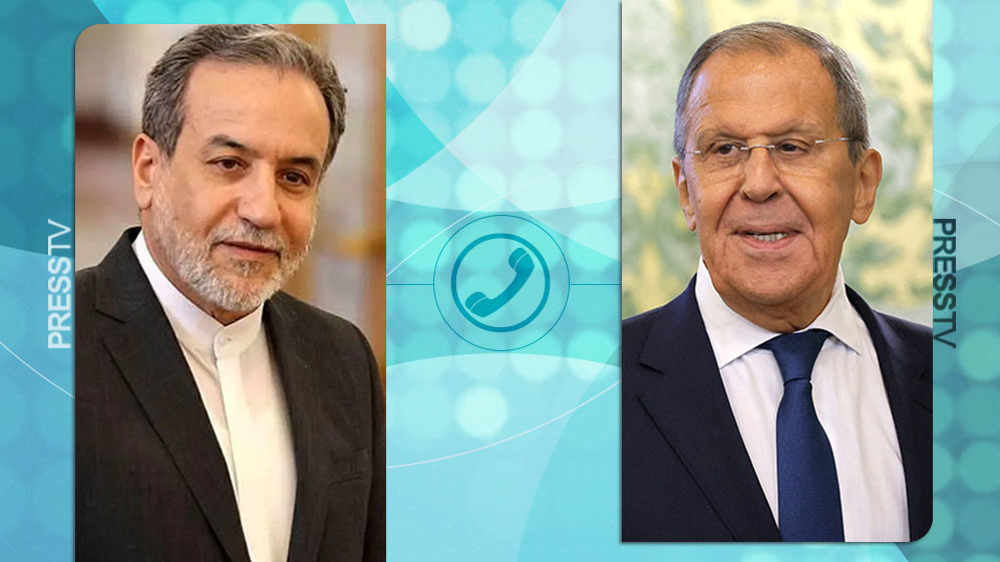
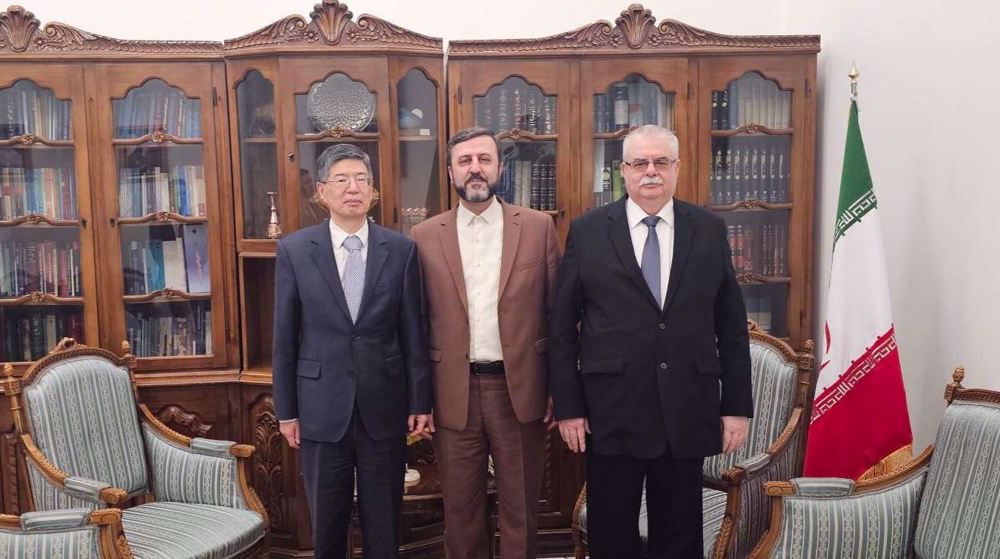



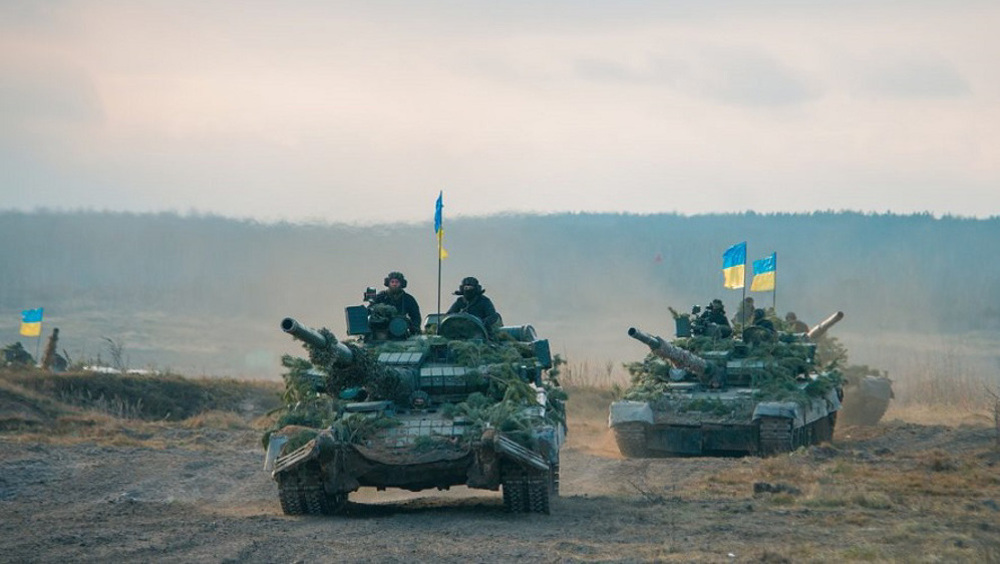
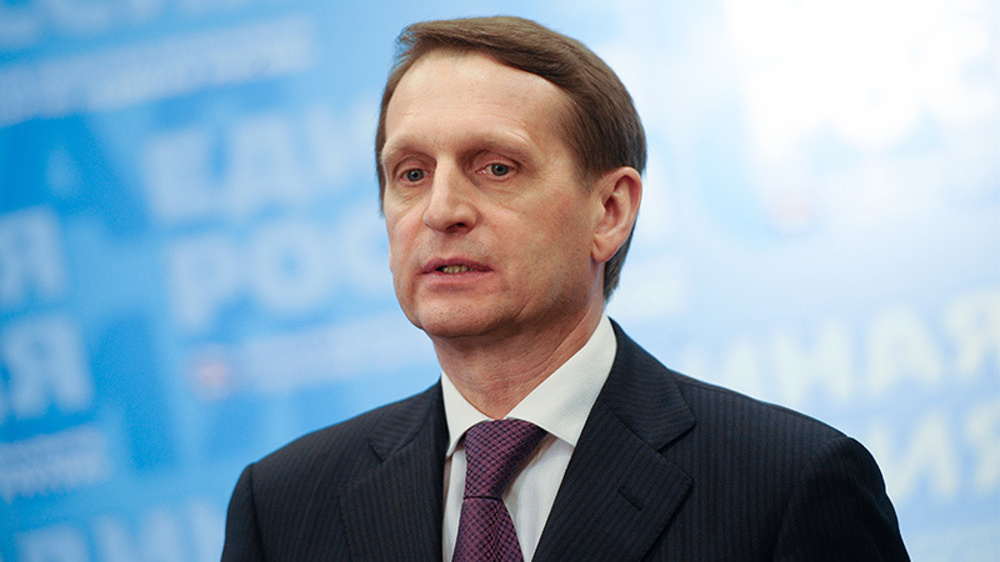
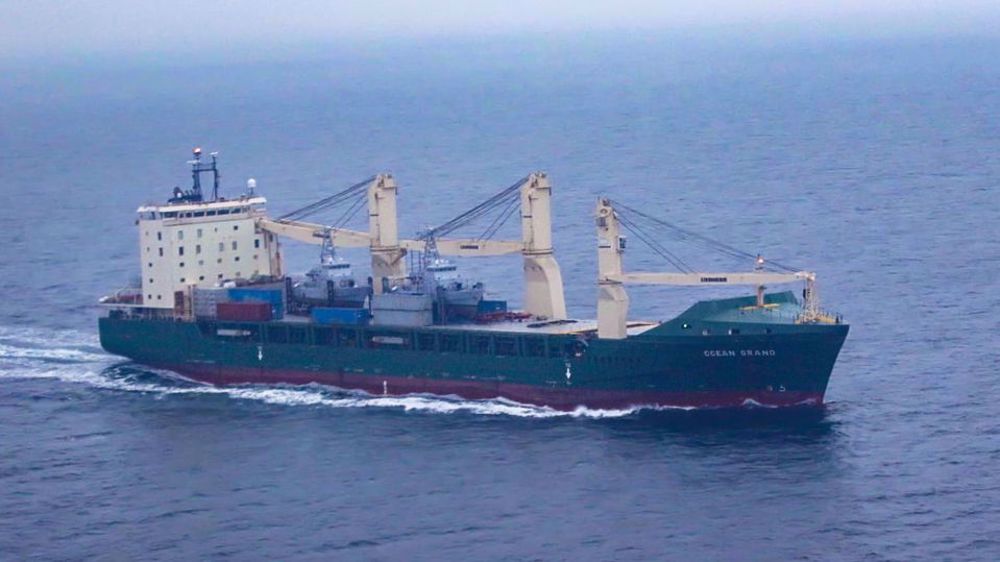
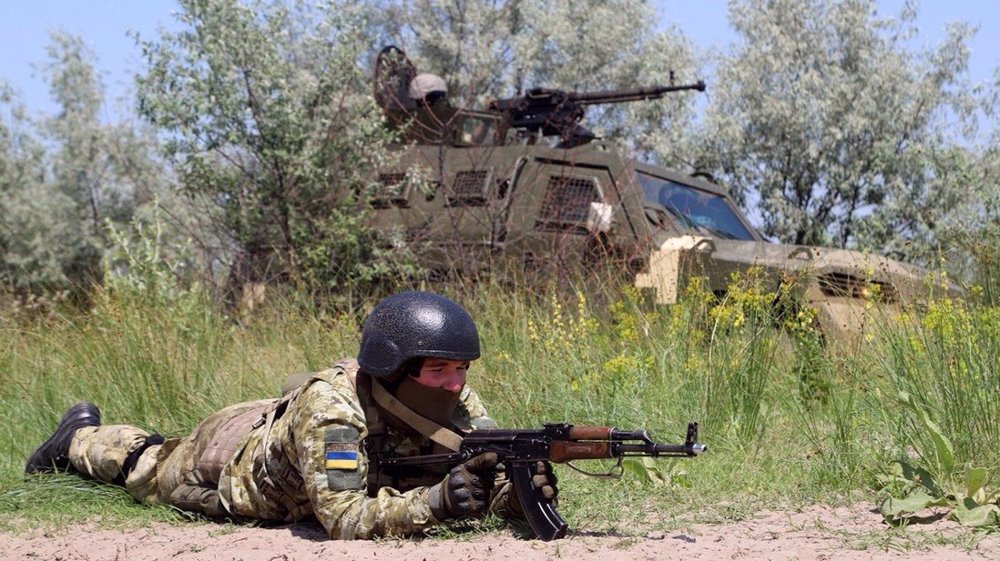
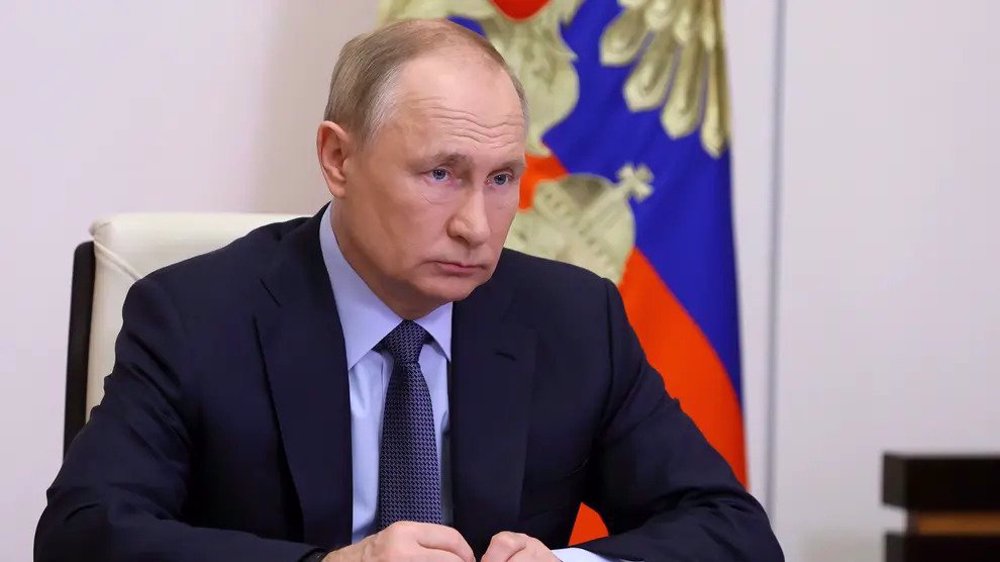

 This makes it easy to access the Press TV website
This makes it easy to access the Press TV website